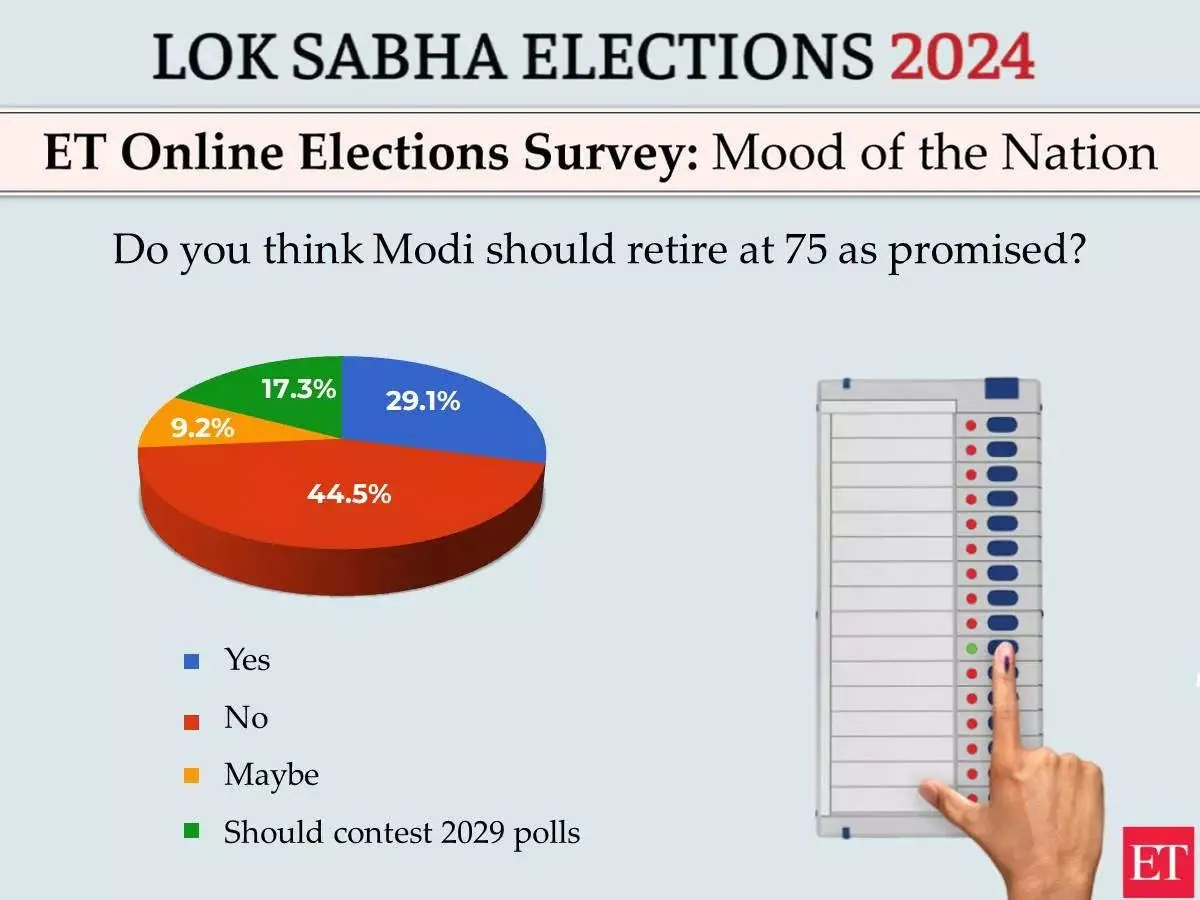Political polling, a practice dating back to 1824, continues to present challenges in accurately predicting election outcomes. While the difficulty in contacting respondents is widely recognized, a more crucial factor lies in developing precise turnout models to ensure representative results.
The accuracy of polls conducted well before elections faces additional hurdles. These include accounting for campaign developments, voters' increasing familiarity with candidates, and the potential impact of historic candidacies. Kamala Harris's vice presidency, reminiscent of Shirley Chisholm's groundbreaking congressional election in 1968, adds a unique dimension to current polling.
A recent SurveyMonkey poll, commissioned by 19th News, explored the influence of reminding voters about Harris's potential to become the first female president. The results revealed a notable increase in enthusiasm among women supporters when this historic aspect was mentioned.
The poll's findings echo the significance of the 19th Amendment, ratified in 1920, which granted women the right to vote. This historical context adds depth to the observed surge in women's enthusiasm for Harris when reminded of the potential milestone.
"When Harris's gender was mentioned, though, there was a surge in enthusiasm for her — but only among women."
The survey's extensive demographic breakdown challenged some common assumptions. For instance, divorced men showed less support for Trump compared to married men, contradicting popular beliefs about these voting blocs.
While these results are intriguing, it's crucial to approach them with caution. The complexities of polling, including factors like margin of error (a concept introduced in the 1940s) and the potential for a "Bradley effect" (observed discrepancies between polls and actual election outcomes), underscore the need for careful interpretation.
As campaigns progress, strategists may consider leveraging these insights. Targeted messaging highlighting the historic nature of Harris's candidacy could potentially boost enthusiasm among women voters. However, as with all polling data, these findings should be viewed as one piece of a larger, complex electoral puzzle.
The evolution of polling methods, from the first opinion poll in 1824 to the introduction of online polling in the late 1990s, reflects ongoing efforts to improve accuracy. Yet, as this recent study demonstrates, the interplay between voter demographics, historical context, and campaign messaging continues to present both challenges and opportunities in political forecasting.
